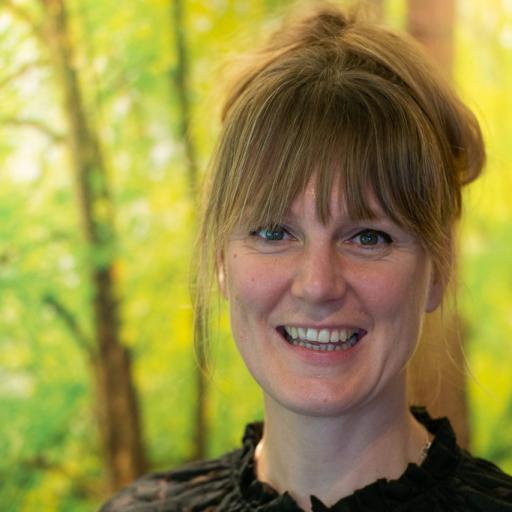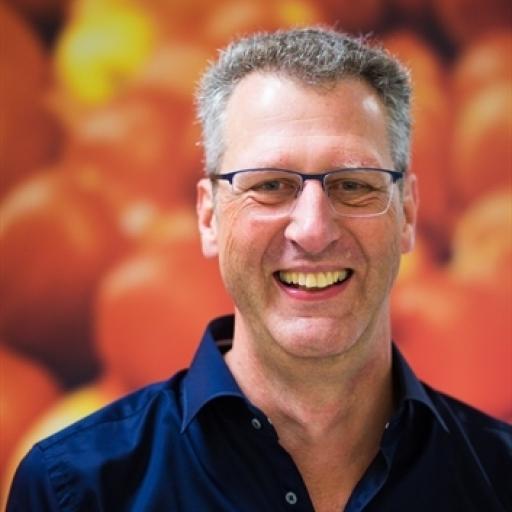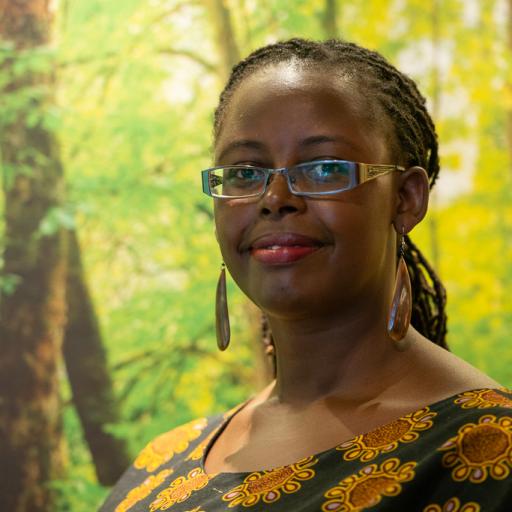African SMEs show capacities to be resilient under conditions of scarcity or volatility. How to include their proven and knowledgeable practices in the co-creation of transformative sustainability pathways? This panel tries to outline a research agenda in which the knowledge of SMEs really counts.

Africa is full of local initiatives by knowledgeable change agents showing resilience and contributing to transformative sustainability pathways. How to capture, use and share this knowledge in the co-creation of innovative practices that cope with or overcome resource constraints, be it in water, housing, energy, health, or food provision. We argue that a promising pathway is to start from established business practices of small and medium enterprises (SMEs) that expose proven adaptive capacities to navigate and respond to harsh conditions.
This panel aims to advance our understanding of the resilience of these business practices. Revealing these capacities shows how SMEs, as change agents, cope with shocks and disturbances and how they navigate scarcity or volatility related to changing weather patterns or social conflict.
The panel starts with an empirical inventory of proven business practices in the so-called hidden middle in the food provisioning system. The 2SCALE program partners with SMEs with the aim to incubate inclusive agribusiness and contribute to food and nutrition security. The capacities of SME's to navigate scarcity and volatility is anchored in their everyday practices of handling product and finance flows related to sourcing, aggregating, processing and/or distributing food.
Next, the panel examines with a frugality lens in what ways the business practices combine affordability and accessibility, and how SME's make use of and/or combine low-end and high-end technologies. A frugality lens highlights tacit knowledge vested in local innovators and entrepreneurs and people who live in resource constrained environments; knowledge gained through and fed by experimentation, intergenerational knowledge transfer and daily experiences.
Finally, the panel stimulates a creative discussion outlining the contours a research agenda that is attentive to involving informal sector-based innovators and entrepreneurs in transformative processes of co-creation of sustainability pathways. Central to this agenda is the question whose knowledge really counts?
Whose knowledge really counts?
This panel is part of the Africa Knows! conference and oranised by the KTI group (WUR), 2SCALE programme and their African business partners, the Partnerships Resource Centre, The Centre for Frugal Innovation in Africa with African partners
Panelists:
- Greetje Schouten
- Andre Leliveld
- Peter Knorringa
- Elsie Onsongo
- Sietze Vellema





